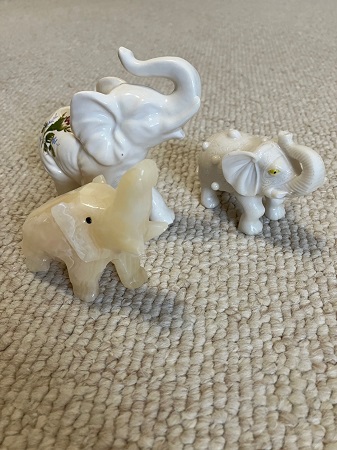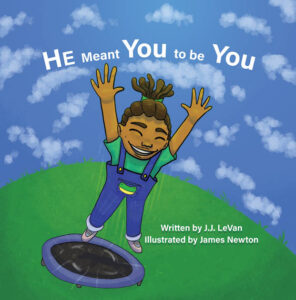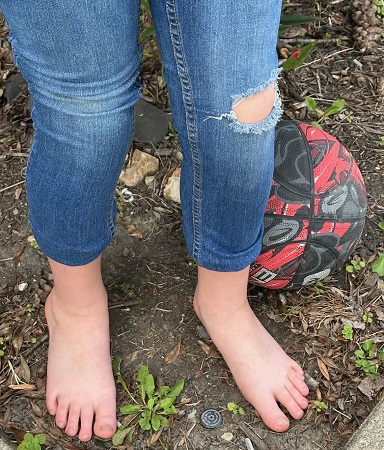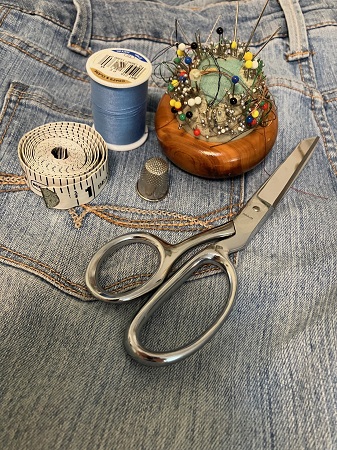Red Tape
 I was a social worker for almost thirty years. The work was stressful and the hours horrible. I was on-call twenty-four hours a day seven days a week. Yet I loved it.
I was a social worker for almost thirty years. The work was stressful and the hours horrible. I was on-call twenty-four hours a day seven days a week. Yet I loved it.
I did not love the red tape. We had to jump through hoops of:
- Endless paperwork
- Frequent bureaucratic changes
- Fluctuating budgets that reversed progress
Red tape refers to complicated, time-wasting official procedures.
Such requirements are:
- Strict
- Difficult
- Tiresome
They focus on details and rules rather than efficiency and outcomes. Correct forms overrule positive results.
Red tape results in service delays.
Forms and rules should lead to speedier outcomes rather than needless obstacles. Likewise, successful procedures should remain regardless of leadership changes.
According to The Free Dictionary, this expression refers to “the former British custom of tying up official documents with red ribbon.”
Red ribbons make a document look good. However, appearance matters little. Contents determine the difference, good or bad.
A certain amount of red tape must remain.
- Rules offer guidelines.
- Paperwork gathers needed information.
Yet, a fine line exists between:
- Efficient or ineffective
- Helpful or hurtful
“Every official is under orders from higher up, and the higher officials look up to their superiors. And so the matter is lost in red tape and bureaucracy” (Ecclesiastes 5:8 TLB).
Thanks to Regina Graham for the suggestion and to Karen Atwood for the photo.
Do you have an expression you want explained or thoughts about this one? If so, please comment below.
Subscribe to receive my weekly posts by email and receive a free copy of “Words of Hope for Days that Hurt.”
If you enjoyed this post, please share it with your friends.











